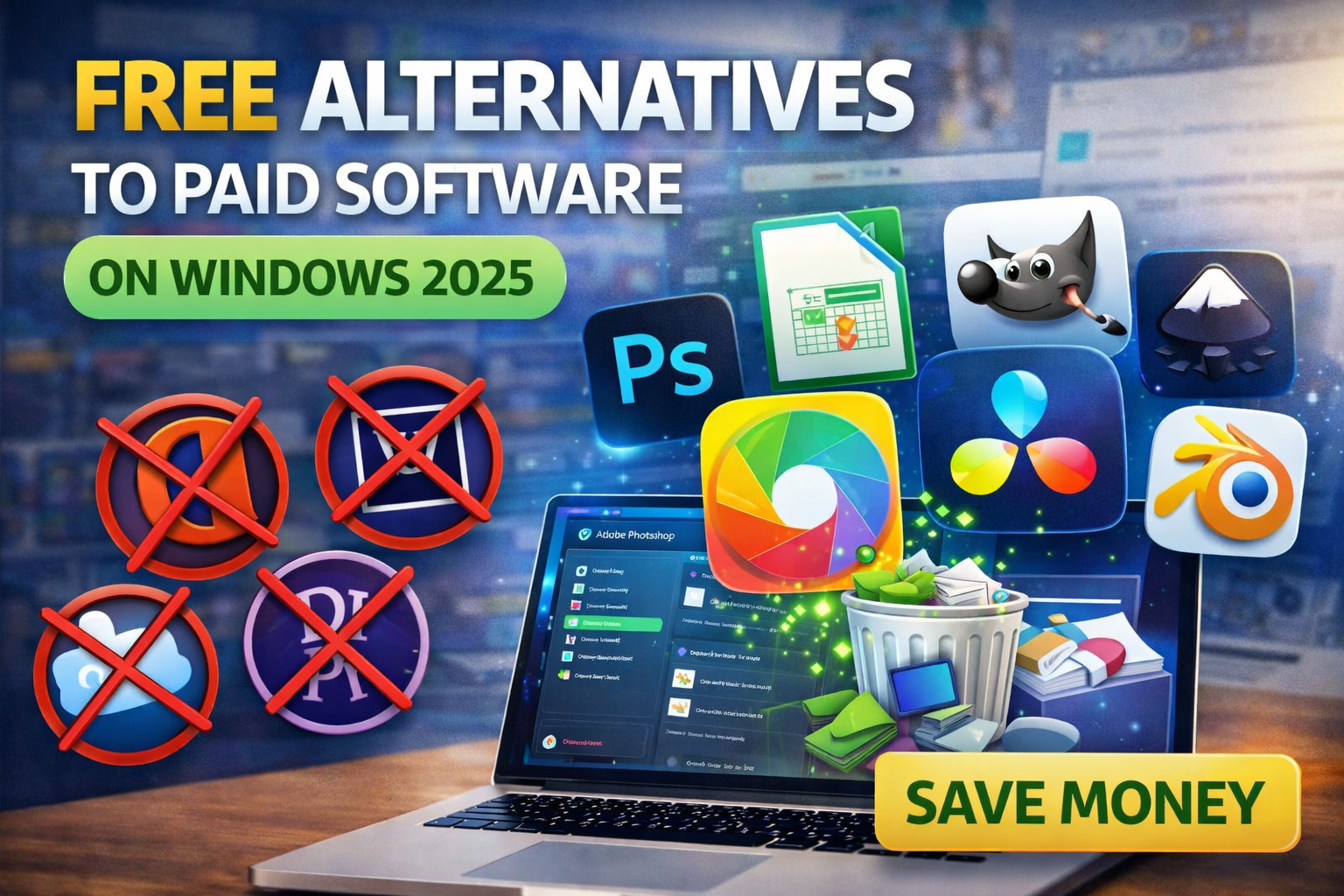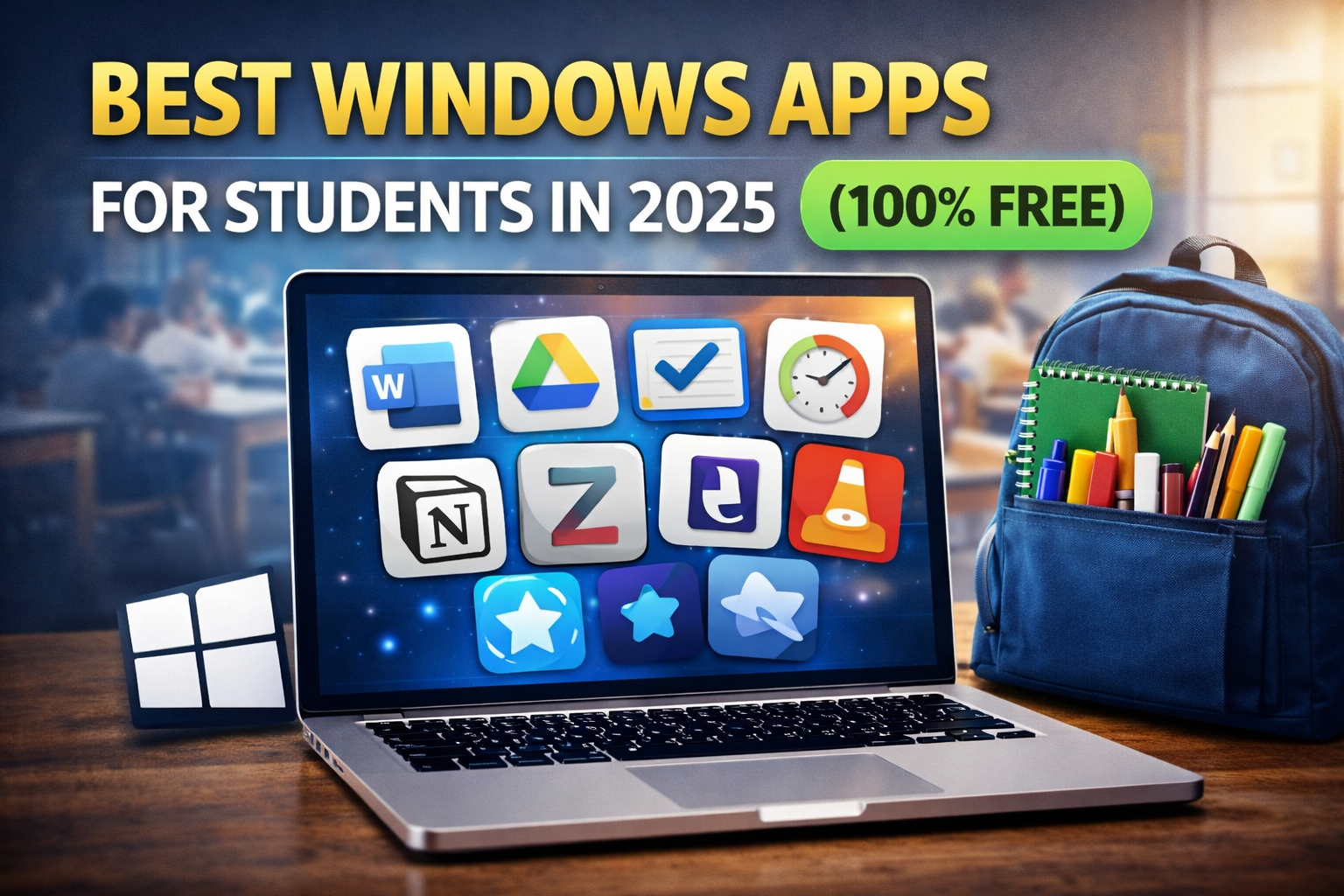

Additional Information
Create native apps for Windows or build apps that run anywhere!
| Latest Version | .NET Runtime Desktop 9.0.0 |
| Requirements |
Windows 7 64/Windows 8 64/Windows 10 64/Windows 11 |
| Updated | November 15, 2024 |
| Author | Microsoft Corporation |
| Category | Drivers and Mobile Phones |
| License | Freeware |
| Language | English |
| Download | 547 |
Overview
As one of its most crucial modules, .NET Runtime Desktop enables software developers to run existing Windows desktop applications developed by previous versions of .NET tools. The primary task of this module is to utilize the JIT (just-in-time) feature to automatically run managed code in the Windows OS environment.
.NET Runtime Desktop is available for all target CPU architecture versions that the latest .Net SDK version supports, which are Arm64, x64, and x86, and is distributed online either as an automated installer for all supported CPU architectures or as a set of winget console command instructions for GUI-less package installation.
As of the time of writing this review, .NET Runtime Desktop and its accompanying .Net SDK are in their 7th version, which has introduced many new additional features when compared to the previous .NET 6 version from late 2021.
The new and improved features of .NET 7 include a dramatic expansion of cross-platform development tools, the introduction of a unified Base Class Library for easier cross-platform code management, streamlined PC-to-mobile app development, built-in container support, native support for ARM64 CPU instruction set, enhanced Linux support, enhanced support for the development of cloud-native apps, the evolution of core compiler techniques, general performance improvement and upgrade of many supporting apps and services.
PROS
- Enables running existing Windows desktop apps
- Supports multiple target platforms
- Available for all CPU architectures
- Free and open-source
- Latest version has many new features
CONS
- Some developers may prefer alternative software frameworks
.NET Runtime Desktop is free for download on all modern versions of Windows OS that are powered by the x64, X86, and Arm64 CPU architectures.










No comments yet. Be the first to comment!